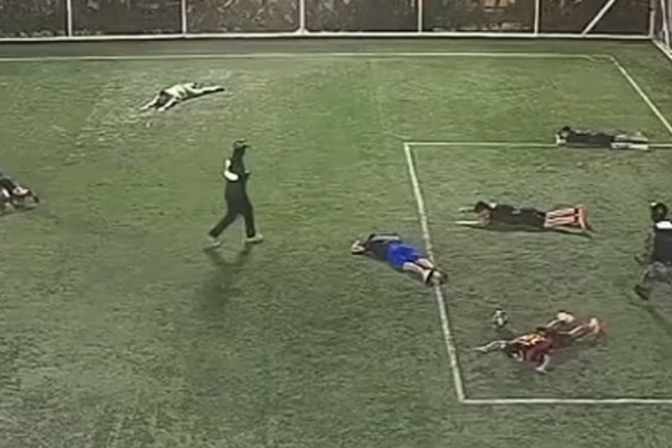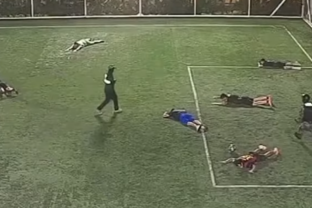BRATISLAVA, September 22, (WEBNOVINY) — Publishing court decisions on the Internet, public selection procedures for the positions of judges and court chairmen, public judiciary testing, and cancellation of bonuses for judges is what Justice Minister Lucia Zitnanska proposes in her amendment on judges and lay-judges. The Cabinet gave the draft the green-light on Wednesday. The amendment is part of the first package of measures following the objective of opening the judiciary to the public and public control. The approved draft is to bring greater transparency in the judiciary, reduce space for internal corruption and strengthen the independence of judges in their service.
Within the amendment the Cabinet decided on Wednesday on a comment, which according to Justice Minister Zitnanska improves the revision. The Cabinet agreed to cancel the time limit for temporary suspension of a judge, which is limited to three years at maximum in the case of criminal prosecution of a judge and to two years for a disciplinary prosecuted judge The minister however says that these procedures actually last longer.
The minister divided the changes into three categories: those related to opening of the judiciary to public control, those focused on the elimination of opportunities for internal corruption and influencing judges, and those that strengthen the independence of the judiciary so that unbiased decision-making of judges in individual cases is guaranteed.
The amendment imposes a duty on the Constitutional Court and general courts to publish and provide access to all valid decisions. Based on the revision, courts should also make public all its decisions based on a request.
Free judge positions will be occupied only in a public selection procedure, which will be open for all persons fulfilling legal conditions, i. .e. for judges and non-judges. Zitnanska said that after the measure takes effect, present judicial candidates will lose their current ungrounded advantage. All selection procedures will be public.
The Justice Minister proposes a complete removal of bonuses to judges. It is inevitable to stop the thriving internal corruption and distribution of finances and judge vacancies by a court based on unclear rules,“ said the minister.
According to the revision, a judge can be assigned to another case only with his/her consent. However, it will be possible to take the judge off the case and assign him/her another one without the previous consent the but only if the judicial council decides to change the work schedule due to inappropriately distributed workload or to secure proper operation of the court.
In the future, disciplinary court panels will decide on a temporary suspension of judges instead of the justice minister, as was originally proposed. “It is a major step toward strengthening the judiciary,” said Justice Minister, adding that this change will eliminate the possibility of willful actions of the ministry or the Judicial Council.
The amendment softens the ban to take up a post of a judge during five years from termination of service on a high public post, such as president, Cabinet member or parliamentary deputy. In line with the new rules, such person will be able to serve as a judge, but during a five-year period he/she will not be able to become chairman of deputy chairman of a court. This principle will prevent the possibility of a justice minister to become president of the Supreme Court from day to day, which was the case of former Justice Minister Stefan Harabin, who now serves as Supreme Court president.
Another change that the revision to the law on judges will introduce is the duty of applicants for open positions of judges to present a list of relatives who are judges, employees of courts, the ministry, including organizations fully or partially subsidized from the ministry’s budget, or are members of the selection committee. Judges will be obliged to present such a list annually together with property statements. According to the Justice Ministry, this will help uncover ties in the system. Unlike the original draft revision to the law, the latest wording will enable court chairmen to perform the service of judges, too. The ministry insists on cancellation of bonuses to judges, as it considers it non-systemic. This measure will cut spending by approximately EUR 700,000. The Justice Ministry accepted more than one hundred objections raised in the interdepartmental review of the draft, added minister Zitnanska.
SITA












